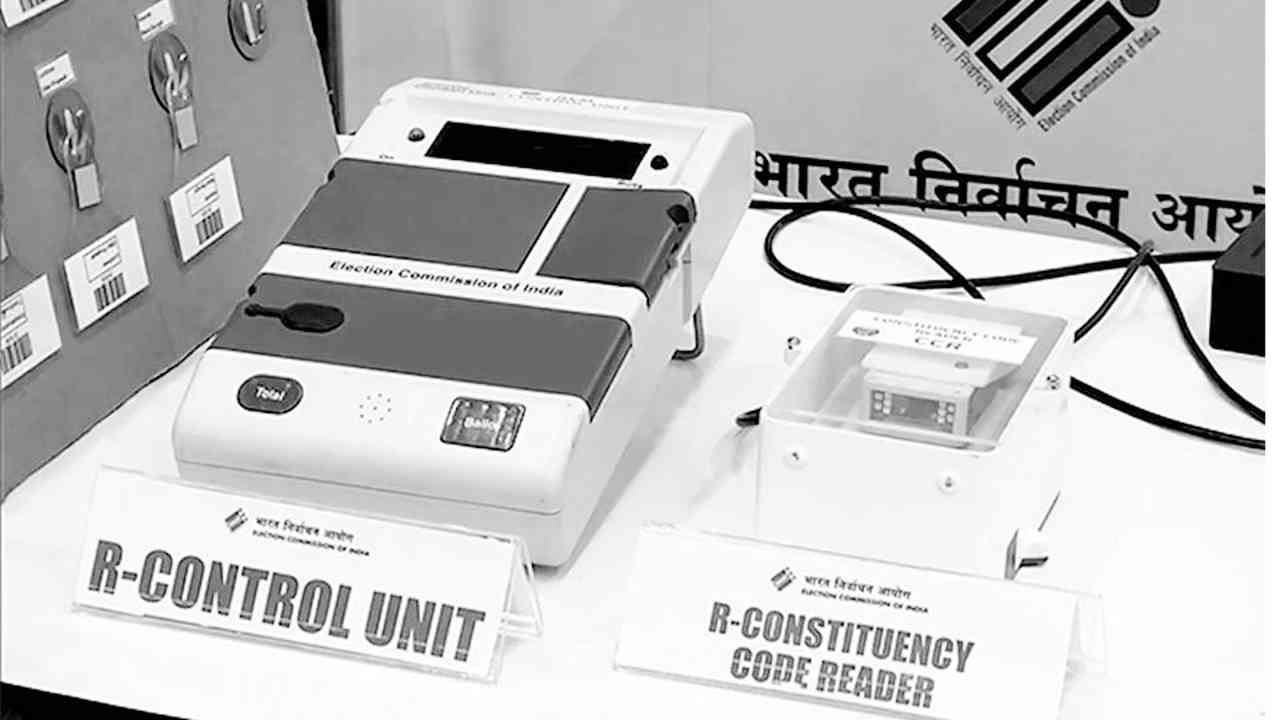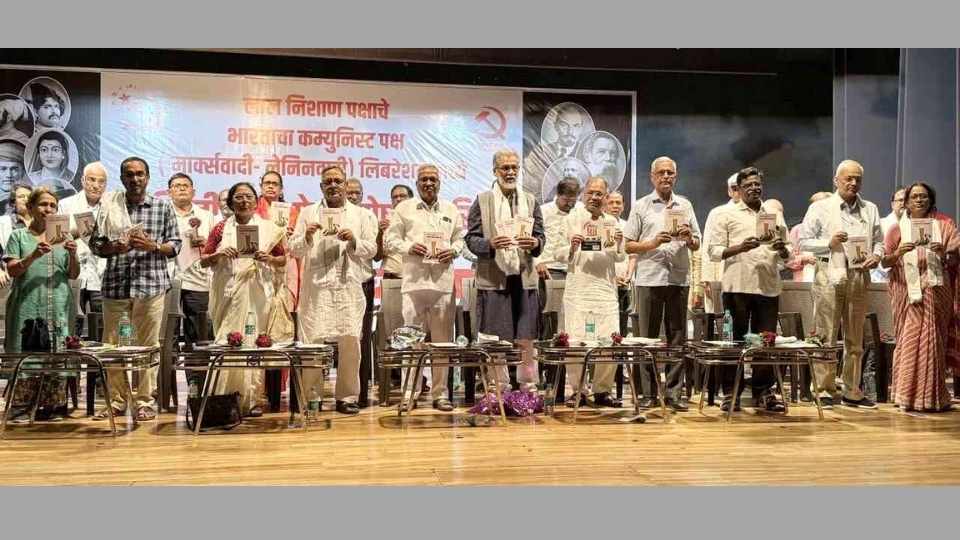As per the note circulated by ECI, a domestic migrant is referred to as anyone who has now settled in a place different from their previous residence, and includes a broad category of people who migrated to reasons such as marriage, family, work and education. Simultaneously, ECI itself acknowledges that there is no proper data is available for the migrant worker category. There is no proper registry or data on this to rely upon.
The motivation for this proposal, as per ECI’s letter, is the low voter turnout of 67.4% in the 2019 general election. At para 4 it is stated that: “… there are multifarious reasons for a voter not exercising franchise. Amongst the many reasons like urban apathy and youth apathy, inability to vote due to internal migration (domestic migrants) is also one prominent reason contributing to low voter turnout.” It is baffling that such cursory statements are made that are neither backed by any in-depth study nor analysis. ECI must answer on what basis the whole process of research and development was undertaken even without any conclusive deliberation and creation of countable category in regard to domestic workers.
In addition to lack of clarity on the definition of “domestic migrant”, is the vagueness of what constitutes “remote”. Both of these definitional issues have serious legal implications for the legality of the proposal. Additionally is the lack of any possibility on the operation of the “model code of conduct” at the remote voting locations and the manner of its enforcement, and the proposal could lead to encouraging unfair electoral practices.
Given the glaring definitional loopholes in this proposal and the serious possibilities of unfair electoral practices, the urgency with which it is being pushed through is created and artificial. Without resolving any of these, the ECI has gone straight to a technological solution, which cannot be countenanced. Furthermore, it is a technology which presupposes high levels of internet literacy and tech savviness on the part of the migrant. Majority of migrant workers have low literacy, including digital literacy, and this has been one learning from the unplanned lockdown where migrants struggled to access online registration for return trains. CPIML impress on the ECI not to try to find technological solutions to what is primarily a social and legal question.
The instant proposal involves the use of modified EVMs, whereas the serious concerns about the integrity of EVMs and verifiability of compliance with democratic principles still remain unresolved. This has come to fore again in the recent Gujarat Assembly elections where suspicious voting patterns in the last hour of polling was noticed. It is apparent that these unresolved issues would also be carried over to the remote voting system, which can only exacerbate the doubts around the reliability of EVMs.
It is apparent that this is another ploy, much like the proposal for Simultaneous Elections, to blunt the electoral prospects of regional parties, especially since this affects their ability to campaign among the migrant voters as also the obvious difficulties the regional parties would face to deploy necessary polling agents at remote polling stations across the country, as also counting agents.
It is inconceivable that the ECI has failed to recognise that this proposal seriously infringes on the rights of political parties to campaign among and interact among the population/voters. Indeed this proposal is another step in the direction of undermining the influence and relevance of regional parties. ECI’s role is to ensure a level playing, whereas the whole process for remote voting, as per the document, is antithetical to this role.
ECI’s proposal stands contrary to basic democratic principles to which any voting process must adhere to. The manner in which the ECI is pushing through with a created sense of urgency and lack of any transparency, makes the entire proposal questionable. If the sole motive of the ECI is to increase voter participation, then there are other ways that have to be explored especially in regard to the major reasons for low voter turnout which are urban and youth apathy. These measures would have to take into account the disenchantment leading to low voter turnouts. Moreover this proposal of the ECI has the clear potential to encourage unfair electoral practices and corruption, and undermines the notion of free and fair elections.





